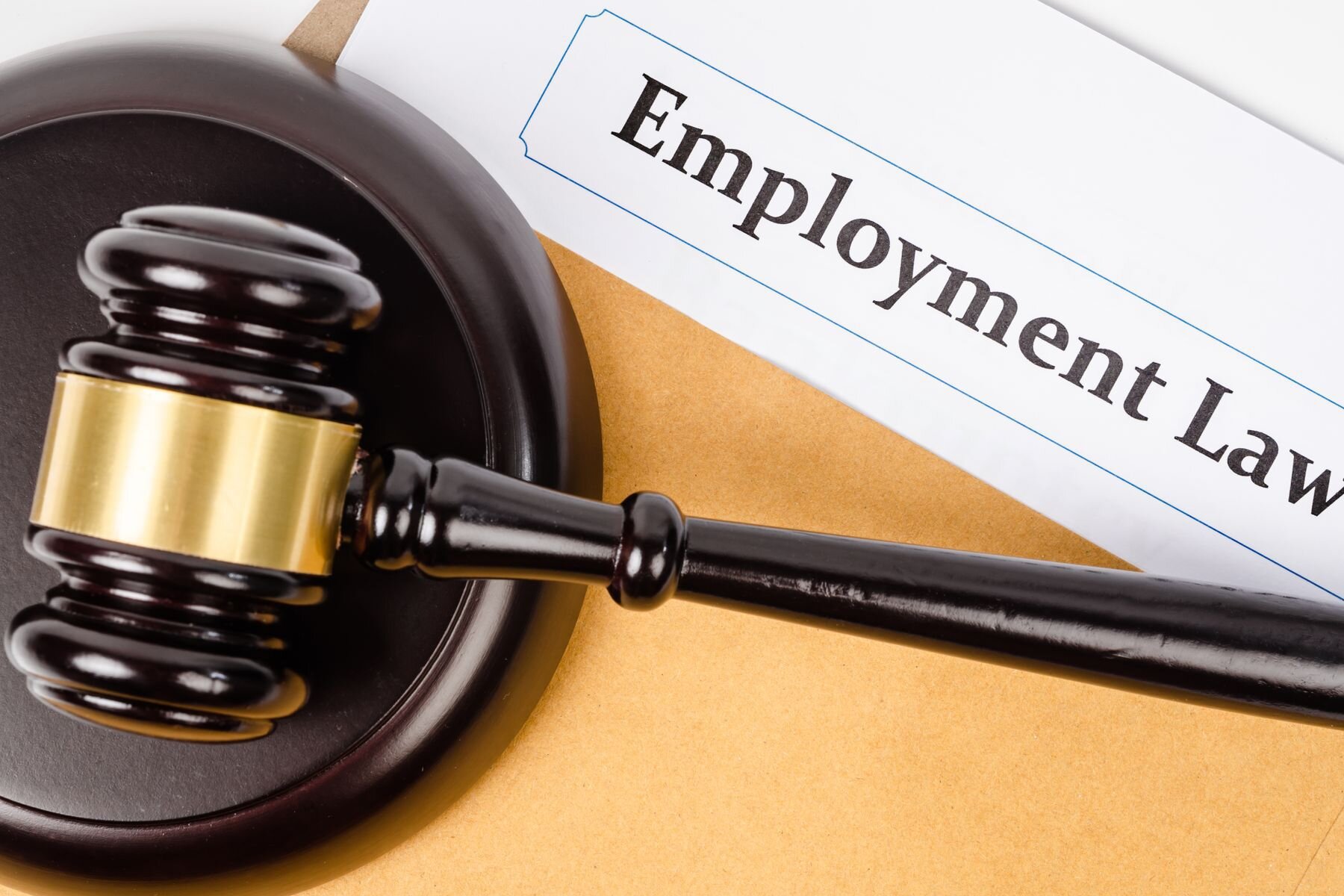Lawsuit Filed Against Mountain F. Enterprises, Inc. Alleging Failure to Pay Accurate Wages
/Mountain F. Enterprises, Inc. faces allegations in a recently filed lawsuit that they failed to provide their employees with accurate wages.
Details of the Case: Matthew Place vs. Mountain F. Enterprises, Inc.
Court: Sacramento County Superior Court
Case No.: 34-2021-00294802
The Allegations in the Case: Matthew Place vs. Mountain F. Enterprises, Inc.
The plaintiff in the case, Matthew Place, alleges Mountain F. Enterprises, Inc. violated the California Labor Code by failing to compensate their employees for missed meal and rest breaks, as well as allegedly failing to reimburse employees for necessary business expenses. Failing to fulfill these employment law requirements means failing to provide accurate wages to employees.
According to the Lawsuit: Matthew Place vs. Mountain F. Enterprises, Inc.
According to the allegations, the Defendant, Mountain F. Enterprises, Inc. violated labor law multiple times, including:
Failing to Pay Minimum Wage
Failing to Pay Overtime Pay
Failing to Provide Legally Mandated Meal Breaks
Failing to Provide Legally Mandated Rest Periods
Failing to Provide Accurate Itemized Wage Statements
Failing to Reimburse Employees for Necessary Business Expenses
Failing to Provide Wages when Due
Alleged Behavior Would Violate Various Sections of California Labor Code:
If the allegations made in the lawsuit are correct, the Defendant is in violation of numerous Labor Codes.
§201
§202
§203
§226
§226.7
§510
§512
§1194
§1197
§1197.1
§2802
applicable Wage Order
Violations of labor code can result in civil penalties.
Alleged Violation of California Labor Code Section 226:
According to California Labor Code § 226, “...every employer shall furnish each of his or her employees with an accurate itemized wage statement in writing showing...the corresponding amount of time worked at each hourly rate." According to the lawsuit, the Defendant allegedly failed to provide employees with accurate itemized wage statements allowing workers to pinpoint their gross wages and net wages earned. This alleged behavior constitutes a violation of California Labor Code § 226.
If you have questions about California labor law violations or how employment law protects you against labor law violations, please get in touch with Blumenthal Nordrehaug Bhowmik DeBlouw LLP. Experienced employment law attorneys are ready to assist you in various law firm offices located in San Diego, San Francisco, Sacramento, Los Angeles, Riverside, and Chicago.










